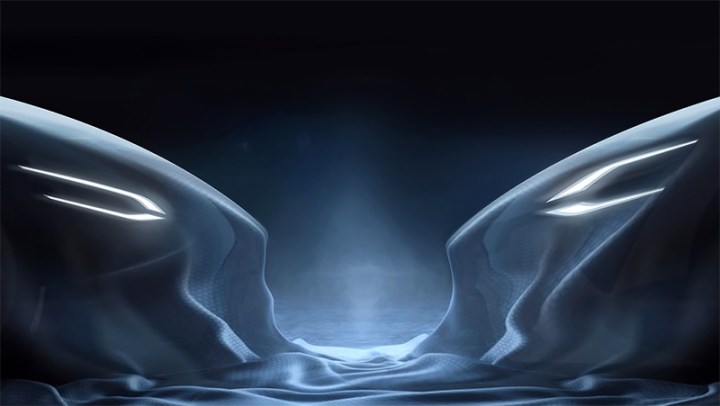
One of the most ambitious new examples of this breed is a Chinese company called Techrules, which says it will unveil a supercar concept at the 2016 Geneva Motor Show next month. This car will be powered by electricity, but will use turbines as range extenders, just like the gasoline engine in a Chevrolet Volt.
It’s name? Turbine-Recharging Electric Vehicle. Or TREV, for short.
While the firm won’t reveal any details of the extended-range electric powertrain, Techrules is already making some impressive performance claims. It says the TREV will have 1,030 horsepower, and a range of over 1,200 miles when running on both turbine and electric power. Other Chinese-backed startups are targeting Tesla Motors, but Techrules seems to have Bugatti in its sights.
What kind of company has the chutzpah to make claims like that? Techrules is an automotive research and development company based in Beijing, according to British automotive magazine CAR. It’s a subsidiary of a company called TXR-S, which specializes in “aerospace, high-tech materials, and biogas,” the magazine says.
Turbine range extenders have been tried before, including on an experimental New York City bus back in 2007. However, the most notable example is probably the Jaguar C-X75 supercar concept that debuted at the 2010 Paris Motor Show. In its original form, the C-X75 used “micro turbines” to feed four electric motors. The turbines were scrapped in favor of a small piston engine when Jaguar unsuccessfully tried to put the C-X75 into production.
Knowing so little about the car and the company, it’s hard to say if the TREV will fare better. Automotive startups certainly don’t have a good track record, and given that Techrules describes itself as a research firm, it may only be planning to use the car to showcase technology, not put it into production. Either way, we’ll definitely be keeping an eye on this Chinese company when the Geneva show opens next month.


